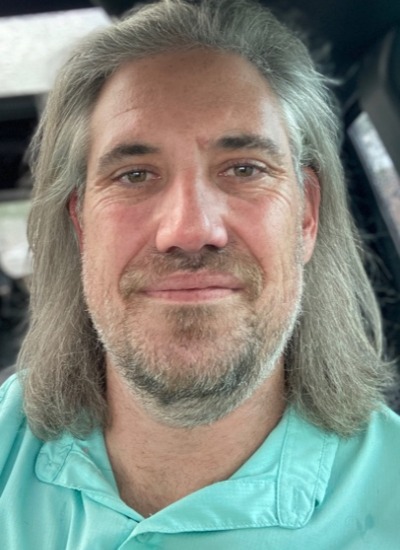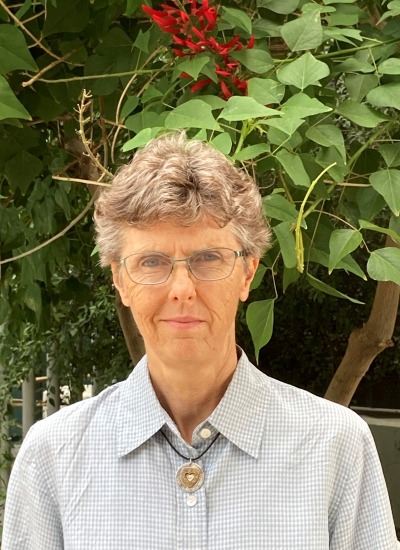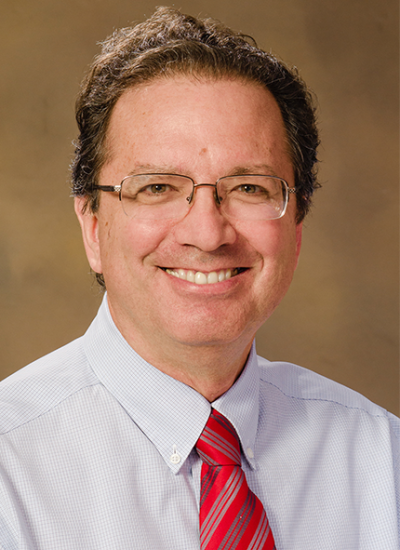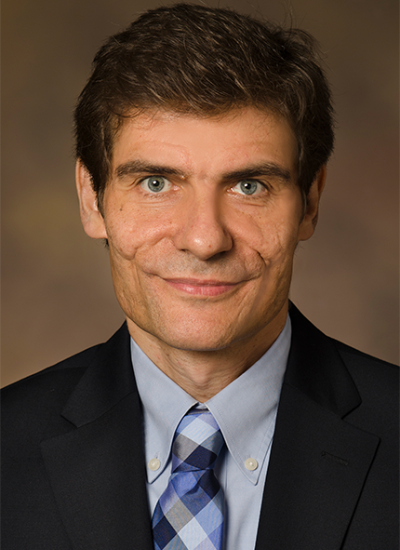Dr. Shubitz has been engaged with valley fever research with the Valley Fever Center for Excellence for 25 years under the direction of Dr. John Galgiani. Her research focuses on murine models of coccidioidomycosis. The bulk of her research has focused on vaccine development and in collaboration with Dr. Marc Orbach has developed a live, avirulent vaccine to prevent valley fever in dogs. The vaccine is being developed commercially. Her other interests and studies include testing new antifungal drugs in mice, immunology and immunogenetics of resistance in mice, and why dogs develop severe disease more often than humans. She is interested in developing studies of the genetics of susceptibility in dogs with other collaborators. Dr. Shubitz also consults on valley fever in companion animals. She is heavily focused on bringing research from the lab to improve clinical care, and using clinical observations to drive research to improve treatment and care of valley fever in humans and animals. The dog vaccine is a stepping stone to development of the vaccine to prevent valley fever in people.







